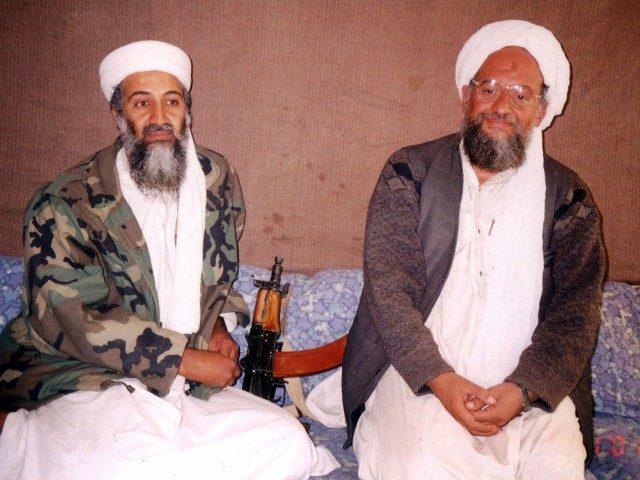The announcement Monday that the U.S. had killed Al Qaeda leader Ayman Al-Zawahiri, the successor to Osama bin Laden, in a drone strike in Kabul, Afghanistan, was welcome news to Americans — though it also raised difficult new questions.
Al-Zawahiri had evidently felt comfortable enough in Kabul, following the chaotic U.S. withdrawal last August, to return to Afghanistan and run Al Qaeda from there. His death, ironically, confirmed that the terror group has returned to the country.
That was exactly what critics of the U.S. withdrawal from Afghanistan feared — whether under President Donald Trump, who had planned to pull out May 1, 2021, or under President Joe Biden, who delayed several months, letting the Taliban advance.
At the same time, however, the killing of Al-Zawahiri also confirms what both administrations argued — that the U.S. would retain significant “over-the-horizon” capabilities and could strike terror targets even without U.S. soldiers in Afghanistan.
The extent of those “over-the-horizon” capabilities has yet to be tested. Al-Zawahiri’s death could deter would-be successors — or it could invite reprisals. Past experience indicates that terror groups can long survive the deaths of their primary leaders.
Still, the successful operation can be seen, on balance, to vindicate proponents of a withdrawal from the country — even if it does not justify the way in which the withdrawal was carried out under Biden a year ago, amid a Tailban advance and terror.
Political pundits hailed the killing of Al-Zawhiri as a political “win” for Biden, who has struggled in recent weeks with bad news about inflation, a likely recession, crime, and the southern border, while suffering — twice — from coronavirus infection.
Certainly Biden did not give his predecessor credit for killing ISIS leader Abu Bakr Al-Baghdadi in 2019, or the targeting of Iranian terror general Qasem Soleimani in 2020. Whether Americans will credit Biden for Al-Zawahiri remains to be seen.
Joel B. Pollak is Senior Editor-at-Large at Breitbart News and the host of Breitbart News Sunday on Sirius XM Patriot on Sunday evenings from 7 p.m. to 10 p.m. ET (4 p.m. to 7 p.m. PT). He is the author of the recent e-book, Neither Free nor Fair: The 2020 U.S. Presidential Election. His recent book, RED NOVEMBER, tells the story of the 2020 Democratic presidential primary from a conservative perspective. He is a winner of the 2018 Robert Novak Journalism Alumni Fellowship. Follow him on Twitter at @joelpollak.

COMMENTS
Please let us know if you're having issues with commenting.